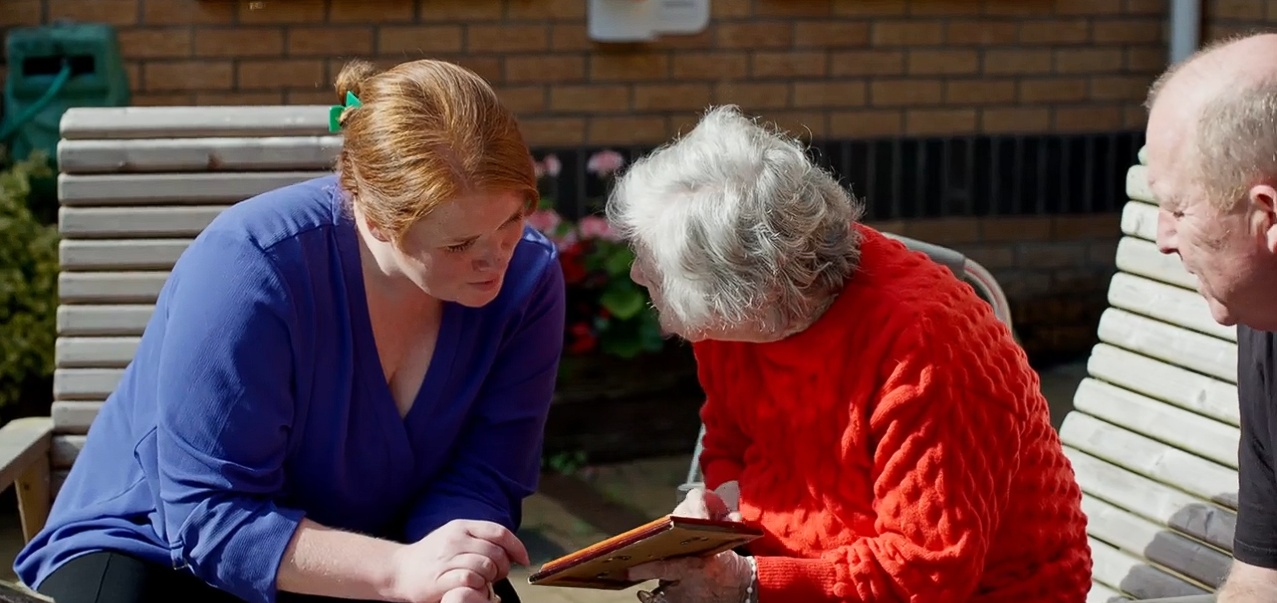
-
Source
Using cultural sensitivity to overcome stereotyping in medical practice (Germany)
A 10-year-old girl from a Lebanese family living in Germany was admitted to the hospital with diffuse stomach pain of unclear origin. Diagnostic tests did not reveal an organic cause for her complaints. Among physicians and nurses, a discussion evolved about culturally specific perceptions and expressions of pain. Some alleged that patients from the Mediterranean area “are known for their tendency to present with diffuse complaints” and an inappropriate “exaggeration” of pain. In countries such as Belgium, Switzerland and Germany, health professionals use the term “Mediterranean syndrome” to describe what is elsewhere referred to as “culture-bound syndrome”.
During a conversation with the girl and her mother, a medical student learned about the living conditions and social background of the patient and her family. The girl had been born in Germany. Her parents were political refugees, but had been waiting for a definite decision about their asylum status for over 10 years. The student also heard about their constricted living space in a collective accommodation centre, and the adolescent brothers who disturbed the girl’s sleep. The girl explained that she had no retreat or quiet space for study, and that she suffered sleep deprivation and fear about her future. She also had problems in school, where teachers would repeatedly warn her to work more accurately and to make more of an effort. “The thing is that I know that,” she said. Classmates would bully her and shout: “You are not even supposed to be here.” “But I was born here,” the girl explained.
In advanced German, the mother described the gruelling insecurity, the guilt she felt towards the children and the fear about the uncertain future of the family. The girl’s father, who had grown up in a wealthy family and received a university education, was caring for the family as a poorly paid, “unskilled” worker.
As a result of this conversation, the physicians contacted a social worker known for her expertise in migration issues and migration laws to work towards a better living situation for the family as well as educational support for the girl. What was initially assumed to be a culturally specific presentation of pain was discovered to be a somatization of severe social problems linked to the prolonged asylum process of the child and her family.
Photo by Branimir Balogović on Unsplash




